I wrote this article in Japanese and translated it into English using ChatGPT. I also used ChatGPT to create the English article title. I did my best to correct any translation mistakes, but please let me know if you find any errors. By the way, I did not use ChatGPT when writing the Japanese article. The entire article was written from scratch by me, Saikawa Goto.
Introduction
Movies and books covered in this article
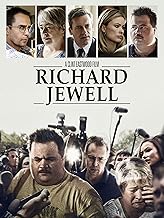
Three takeaways from this article
- Living in a time when it is so easy to “criticize someone else.
- I feel that all reporting that does not aim at “recurrence prevention” is not “justice”.
- If you were in the same position as Richard Jewell, how would you behave?
Self-introduction article


Published Kindle books(Free on Kindle Unlimited)
“The genius Einstein: An easy-to-understand book about interesting science advances that is not too simple based on his life and discoveries: Theory of Relativity, Cosmology and Quantum Theory”
“Why is “lack of imagination” called “communication skills”?: Japanese-specific”negative” communication”
The quotes used in this article are based on notes taken at the movie theater from movies in Japanese and are not direct quotes from the foreign language original movies, even if they exist.
What is Necessary for “Criticizing Others” to be Considered “Justice,” Whether it be through the Media or Social Media?
An Era in Which “Condemning Others” is All Too Easy

Humans have always hurt individuals and organizations through criticism and condemnation. So, it’s not about “human nature changing.”
What has changed drastically is the tools available to individuals. By using the internet and social media, we have gained the powerful ability to “criticize and condemn someone” as anonymous individuals.


Tragic incidents of people committing suicide due to slander occur frequently. It is a very bad era. The celebrities who have been forced to put up with such things as “the price of fame” are also gradually resorting to legal means. It is a good thing.
Even without social media, there is still “verbal violence” that occurs in places like schools, homes, and workplaces, and we need to take separate measures to address that. However, on the other hand, there are probably many people who would not say bad things openly if social media did not exist.
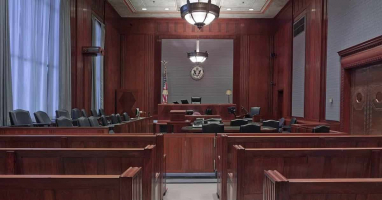
For example, you can easily imagine the sight of an old man watching baseball and saying something like “Why did he swing at that kind of pitch?” or “What’s the point of not being able to hit that one?” And in the past, this would have ended with just shouting at the TV or in the stadium.
But now, the same thing can be done directly to the baseball team, manager, or player’s SNS account. I think this change in environment is very significant.
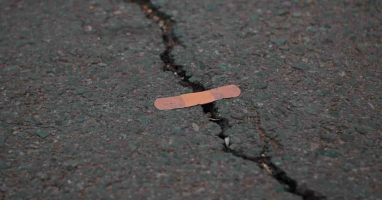
“If the environment didn’t allow it, I think anyone wouldn’t do such a thing. However, because the environment allows it, we do it anyway. I think that it’s like how we wouldn’t be able to buy things without a credit card, but end up buying things because we can pay with installments.
But we shouldn’t just blame the environment and give up. We need to understand that we’re living in a world where we could unintentionally use ‘verbal violence’ if we’re not conscious about it. Otherwise, we’ll make mistakes.”
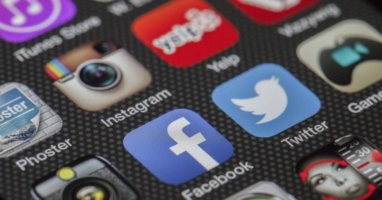
Is it Right to Openly Criticize Others?
Why did I talk about SNS? It’s to make people understand that “in modern times, anyone can become a ‘media'”.
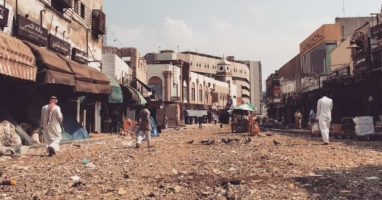
This movie is based on an actual event that happened in the United States, where the media treated an innocent individual as a criminal and pursued them. Although not on the same scale as this movie, there have been many cases in Japan where the media has reported incorrect information.
The event that inspired this movie happened about 20 years ago, when the term “報道被害(Damage from Media)” did not exist, and there were times when the media engaged in reporting that ignored human rights, whether they were perpetrators or victims, both in Japan and probably in the world (In Japan, a situation where secondary social damage is caused by media coverage is called 報道被害).

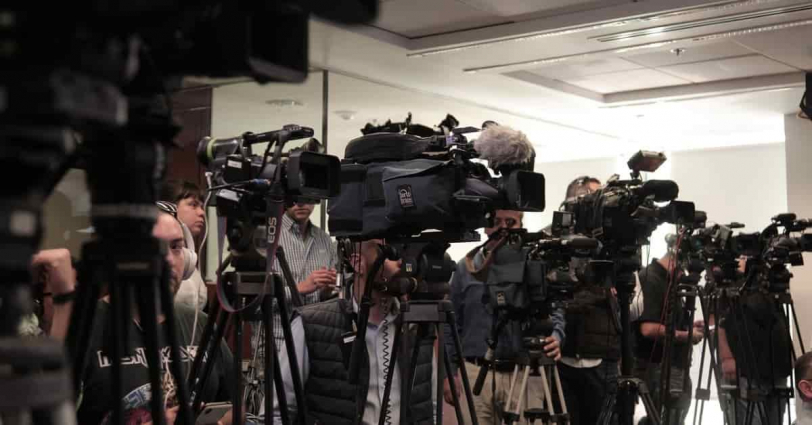
With the changing times, the media would not conduct as forcible coverage as they used to. However, that does not mean incidents like the one in this movie do not happen. In fact, I believe that SNS has taken the place of major media outlets and created “Damage from Media.”
That is why the implications of this movie are not just about others, but relevant to all of us living in the modern world.
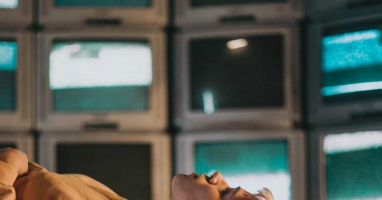
Now, let’s get to the heart of the matter. I can’t help but think that there is no justice in “openly criticizing others”, whether it’s from major media or personal SNS accounts.
To elaborate on this, let’s first talk about “recurrence preventions”.
I once spoke with a journalist who said that there is only one value in reporting on tragic incidents, and that is “recurrence preventions”.
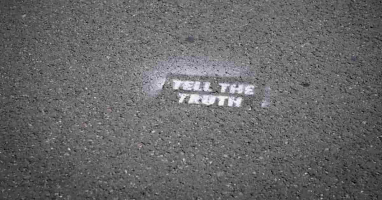
I completely agree. I cannot condone going into the midst of the perpetrators, victims, or their families who are struggling with the harsh reality and insensitively questioning them, in the name of “justice,” unless it is for the purpose of “recurrence preventions.”
Now, how much of the “criticism of others” in media and SNS is for the purpose of “recurrence preventions”? Of course, only the person doing the criticism knows the true intention. However, in my subjective opinion, there is hardly any reporting being done for the sake of “recurrence preventions.” Some individuals may report with a such strong will to do so, but the bigger the media and the more famous social networking accounts become, the more “provocation” and “diversion” would become the main focus for the purpose of advertising, retweet counts, etc.

Some people may argue that when it comes to things like infidelity or drug use, the more the public outcry, the more likely others will be deterred and think “I won’t do that to avoid being criticized.” They believe that this serves as a “recurrence prevention.”
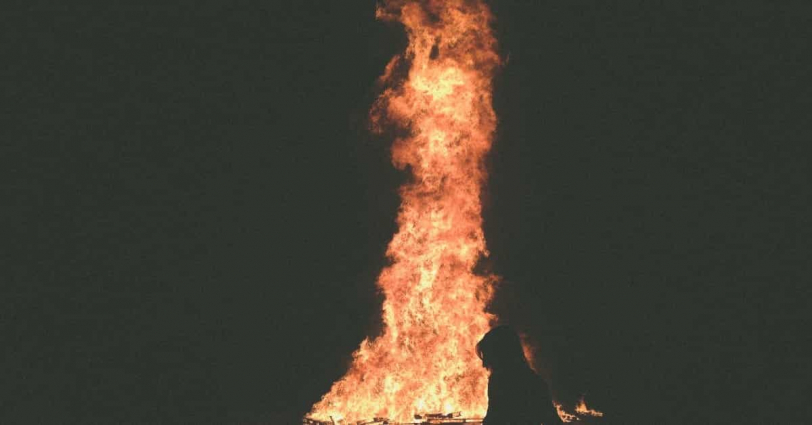
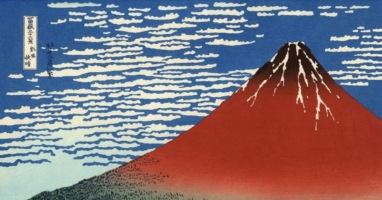
However, I cannot agree with such a claim. Because it is simply a hindsight view. It only sounds like an excuse for people who criticize with just their diversion. Moreover, nevertheless someone has not committed murder or assault, I can also feel that they are being overly criticized. Even if it works as a deterrent for society as a whole, I think the harm that individuals suffer as a result is too great.
In the movie, there is a line that goes like this:
I don’t want to suffer the same fate as Jewell. Let’s run away.
I won’t go into detail about the situation, but this is a line that says, “If I get such bad press as Jewell, it’s unbearable, so let’s give up on justice.” As you can see, depending on how the media reports, it is possible to have the opposite effect of a “recurrence prevention”.

It is unfortunate, but in my opinion, it is still better for those who are aware that they are “belittling someone else by the wrong way for the sake of their diversion. Worse are those who think that they are “criticizing others in order to achieve justice.
As I have written so far, I believe that the only possibility for “openly criticizing others” to be “justice” is when it is intended as a “recurrence prevention.”

We should reflect on whether ourr actions truly lead to a “recurrence prevention”.
Content Introduction
Richard Jewell has had various jobs throughout his life, from being a supply clerk at the Small and Medium Enterprise Agency to working as a security guard at a university.
Although he has a strong sense of justice, unfortunately his efforts often go unrewarded, and he is not evaluated positively for his work. He constantly studies criminal law and wants to work as a law enforcement officer, but trouble seems to follow him and he cannot seem to live the life he desires.

The setting is in 1996, just before the Atlanta Olympics. Richard was working as a security guard at Centennial Olympic Park, where famous artists were scheduled to perform live. One night, he discovered a suspicious bag near the sound tower. The police officer who came to there thought it couldn’t be a bomb anyway, but Richard, being a serious person, persuaded them to follow the proper procedures for handling it.


And as it turned out, it was a bomb.
Before the disposal team arrived, the bomb exploded, but thanks to Richard’s early discovery, the damage was kept to a minimum. This incident made Richard an instant celebrity. He was swarmed by media interviews, asked for photos in the streets, and even had publishers from New York flying in to meet him. Richard got in touch with Watson Bryant, who had been kind to him when he worked at the Small and Medium Enterprise Agency, to help him with the publishing contract as his lawyer.
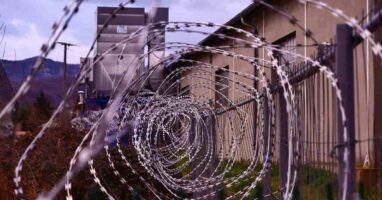
But glory doesn’t last long. Because the local newspaper, the Atlanta Journal, reported that “the FBI suspects Richard.” Media rushed to Richard’s family. The FBI also conducted unofficial interrogations. There was no evidence that could lead to an arrest, but the FBI even tried to deceive Richard into signing documents. Suspecting their intentions, Richard contacted Watson for advice.
This began the fight between Richard and Watson. Richard was not even a suspect nor had he been arrested, but his name was reported all over the country like that of a criminal. It was a fight to restore Richard’s once peaceful life.

Impression
In general, it would be impossible for the name of a person who has not been arrested and is not a suspect to be reported in newspapers and on television.Unless the police or FBI have announced them as a key witness, such a fact does not exist in the events depicted in this movie. Even modern tabloids may report under a pseudonym, but they wouldn’t go so far as to use a real name.
Richard Jewell, however, experienced such an incredible event.
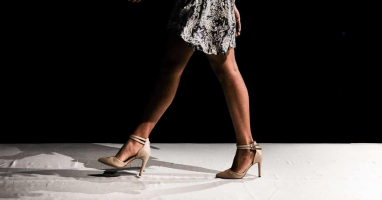
If we believe the portrayal in this movie, there were several factors that contributed to such a situation, though I do not know how much of it is true. These include the fact that it was a bomb attack targeting a major event for the country, the Olympics, and that the local newspaper in the Olympic host city was enthusiastic in covering the incident, with its reporter driven by ambition. We don’t know about the state of American journalism at that time, but it was probably an extraordinary situation that could not have occurred without a variety of circumstances coming together.
The movie first focuses on how much a person can be cornered and excluded from society due to a “reporting mistake” that would not normally occur. From this portrayal, you should also imagine what kind of impact “openly criticizing others” can have.

On the other hand, this movie is also a story about a “peculiar person” named Richard Jewell.

Richard is a person who sticks to the stance that “he doesn’t mind sacrificing himself for the right thing.” This is his “Idea of Justice.” When this stance works well, Richard can become a very admirable person. For example, when he found a bag that could be a bomb, he was able to take the right action according to the correct procedure by restraining a police officer who thought there was no bomb. This was born from a clear stance that “even if I know that I will be seen as a strange person if it wasn’t a bomb, it is more important to prevent damage if it is a bomb.”

Richard’s behavior is admirable and his “Idea of Justice” can produce a great positive impact when it works in the right direction.
Unfortunately, it is not always the case.
For example, Richard fully cooperated with the FBI investigation. Watson advised him that he was not arrested or even a suspect, so he could refuse if he didn’t want to, but Richard did not agree. He believed that being investigated by the FBI was the “right thing to do” for them, and if that was the case, sacrificing himself was not a problem.

Richard’s behavior can put himself in danger, and there were many scenes in the movie where I felt bitter, wondering “Why would he behave like that in that situation?” Even Watson gets frustrated with Richard, who won’t listen to him.
Watson asks Richard, “Why don’t you get angry like I do?” but Richard replies that he can’t behave any other way. Indeed, that is true. For Richard, it is a natural behavior and his own “right conduct.”
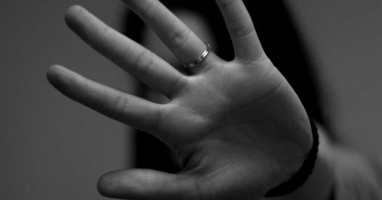
While dealing with the universality of “individuals who are manipulated by power and the media,” the film portrays the singularity of “Richard Jewell as an individual.” I felt that this fusion makes the whole story even more chaotic while still being attractive as a human drama.
Conclusion
In reality, very few people would behave like Richard Jewell could do in a situation like that. Normally, one would express even more intense anger and sadness towards the injustice. It is not necessary to behave like him, but it feels like it is an ideal to strive for.
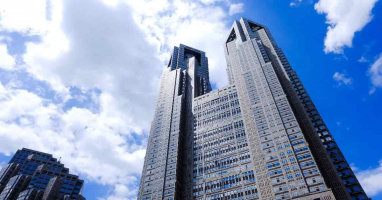
The act of “openly criticizing others” can put individuals in a very difficult situation. Therefore, I think we should properly review our words and actions so that we can proudly say that this is “justice,” i.e., we can claim that this is something we have no choice but to do for recurrence preventions.

Published Kindle books(Free on Kindle Unlimited)
“The genius Einstein: An easy-to-understand book about interesting science advances that is not too simple based on his life and discoveries: Theory of Relativity, Cosmology and Quantum Theory”
“Why is “lack of imagination” called “communication skills”?: Japanese-specific”negative” communication”

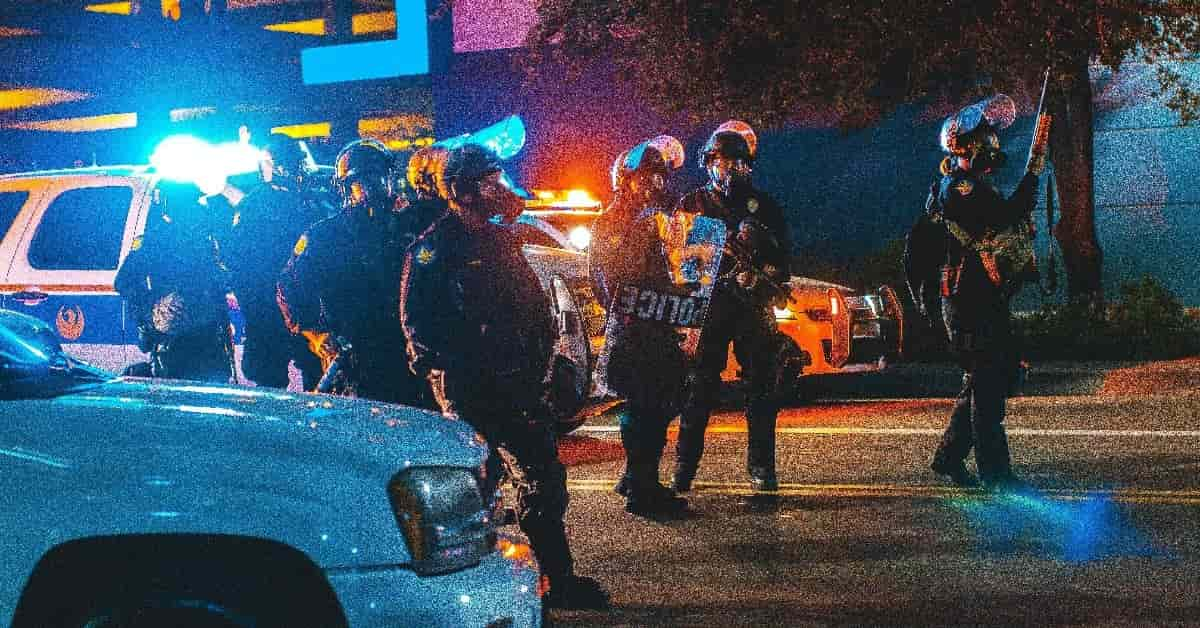





コメント